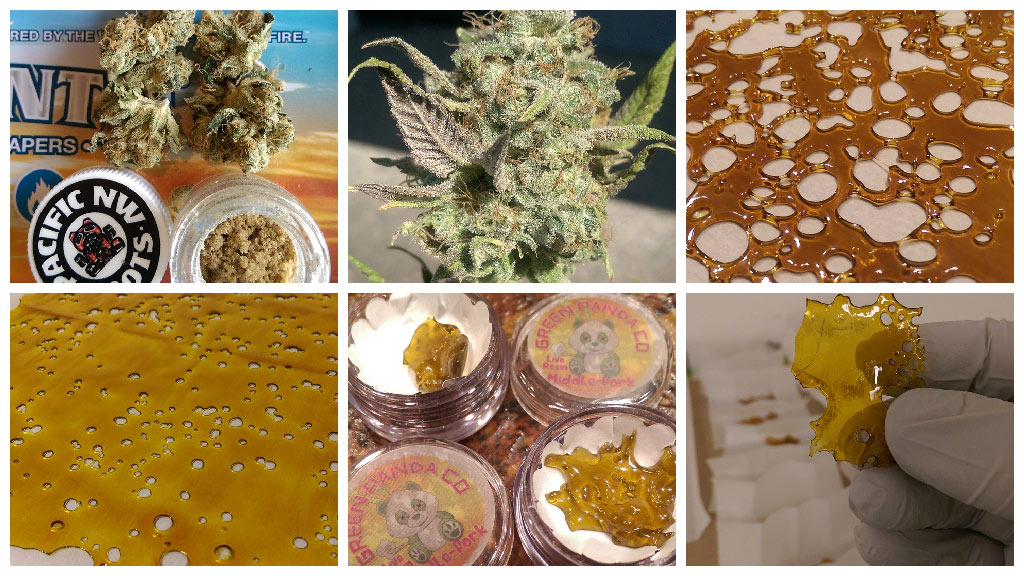With more and more states legalizing both medical and recreational cannabis, it should come as no surprise that an increasing number of adults are admitting to smoking weed. Marijuana use is often associated with teens and young adults, but a new study by the NYU School of Medicine and the Center for Drug Use and HIV/HCV Research (CDUHR) has found that pot is also becoming more popular among the Baby Boomer generation.
The study, published in the journal Drug and Alcohol Dependence, examined data from the National Survey on Drug Use and Health, an annual survey asking participants to self-report their recent and lifetime drug use. Researchers examined the responses of 17,608 adults over the age of 50 from the 2015 to 2016 version of the study. Over half of all respondents aged 50-64 reported using pot at some point in their lives, as did around a fifth of respondents aged 65 or older.
The researchers found that 9% of adults aged 50-64 reported using marijuana in the past year, double the percentage of adults the same age who reported past-year use on the 2006-2007 version of the study. The prevalence of marijuana use among adults 65 or older grew by seven times, with 2.9% reporting past-year use on the 2015-2016 survey, compared to 0.4% on the 2006-2007 report.
“Most baby boomers who recently used marijuana first used as teens during the 1960s and 1970s,” CDUHR researcher and senior author of the study, Joseph Palamar, PhD, MPH, said in a statement. “This doesn’t mean these individuals have been smoking marijuana for all these years, but most current users are by no means new initiates.”
“The baby boomer generation grew up during a period of significant cultural change, including a surge in popularity of marijuana in the 1960s and 1970s,” said Benjamin Han, MD, MPH, lead author and assistant professor at NYU Langone Health. “We’re now in a new era of changing attitudes around marijuana, and as stigma declines and access improves, it appears that baby boomers — many of whom have prior experience smoking marijuana — are increasingly using it.”
“Marijuana has been shown to have benefits in treating certain conditions that affect older adults, including neuropathic pain and nausea,” Han added. “However, certain older adults may be at heightened risk for adverse effects associated with marijuana use, particularly if they have certain underlying chronic diseases or are also engaged in unhealthy substance use.”
The study did find a link between cannabis use and the use of other, more dangerous drugs among the Boomer population. “Prevalence of past-year alcohol use disorder (AUD), nicotine dependence, cocaine use, and misuse of prescription medications (i.e., opioids, sedatives, tranquilizers) were higher among marijuana users compared to non-users,” the authors wrote. Because of this finding, the authors recommend that “screening for concurrent substance use among older marijuana users is an imperative.”
Although marijuana use is increasing among the country's older generation, Baby Boomers are not the only Americans who love weed. A separate study by the University of Michigan has found that pot use among America’s young adults has remained at an all-time high. This study, which looked at data from 2016-2017, found that 21% of undergraduate students aged 19-21 reported using weed within the past 30 days, a significant increase from similar self-reported data collected in the 1980s and '90s.











